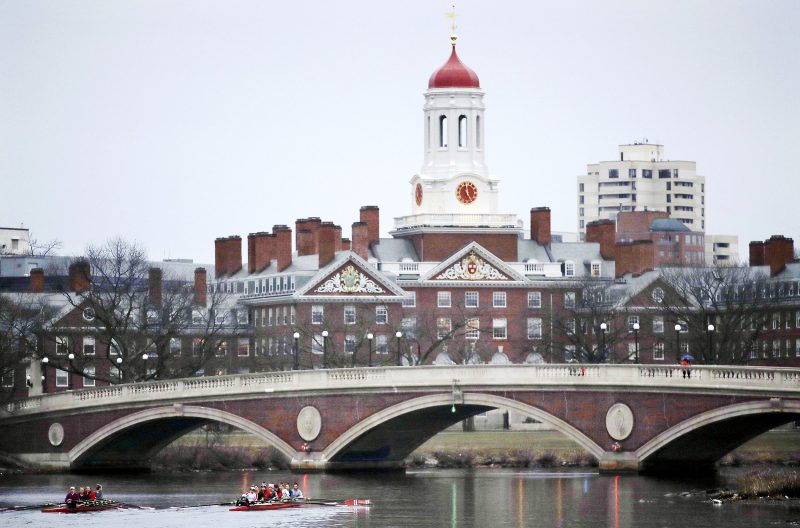Top U.S. law firm Davis Polk announced in an internal email that it had rescinded letters of employment for three law students at Harvard and Columbia universities who it believed were tied to organizational statements about Israel, one of the latest responses to open letters from university groups about the Israel-Hamas conflict that have roiled university donors, employers, alumni and students.
“These statements are simply contrary to our firm’s values and we thus concluded that rescinding these offers was appropriate in upholding our responsibility to provide a safe and inclusive work environment for all Davis Polk employees,” said the email, signed by Neil Barr.
Small-business lawyer Joseph Gerstel posted a screenshot of the email Tuesday on LinkedIn. A Davis Polk representative confirmed it as authentic.
Barr went on to write, “At this time, we remain in dialogue with two of these students to ensure that any further color being offered to us by these students is considered.”
A representative of Davis Polk pointed to a statement that was included in the email: “The views expressed in certain of the statements signed by law school student organizations in recent days are in direct contravention of our firm’s value system. For this reason and to ensure we continue to maintain a supportive and inclusive work environment, the student leaders responsible for signing on to these statements are no longer welcome in our firm; and their offers of employment have thus been rescinded.”
The representative did not immediately respond to a question about how the firm identified the students as having signed the statements.
The identities of the students were not revealed in the email, which did not specify which statements the students allegedly signed. A series of public statements supporting Palestinians and blaming Israel for the recent Israel-Hamas conflict has created a firestorm on college campuses and in corporate America since last week.
On Oct. 10, The Harvard Crimson, one of the university’s student-run news publications, reported that more than 30 Harvard student groups signed on to a letter that said they held Israel “entirely responsible” for “all unfolding violence” in the conflict, which came after a surprise Hamas attack on Israel killed over 1,300 people. Since the letter was published, numerous CEOs, business leaders and a federal judge have responded by cutting ties with the university, calling for the identifications of students involved with the letter or saying they would not hire the students involved.
Sweetgreen CEO Jonathan Neman posted on X that he would “like to know” which students signed the Harvard statement “so I know never to hire these people.”
“Same,” EasyHealth CEO David Duel wrote on X, replying to Neman.
FabFitFun CEO Michael Broukhim echoed them, and in a post on X he wrote, “Discriminating against terrorist supporters is the most comically easy decision I’ll ever have to make as a CEO.”
Judge Matthew Solomson of the U.S. Court of Federal Claims also reportedly made a statement on LinkedIn that he would not let any of the students who signed on to the statements clerk for him.
Prominent donors have also cut ties with Harvard over the statement, including the Wexner Foundation — co-founded by Leslie Wexner, the former CEO of Victoria’s Secret.
The Harvard Crimson reported last week that at least four online websites have revealed the identities and personal information of students in groups that signed the statement. The Harvard student group that issued the statement has removed the list of organizations that signed on to it.
Harvard President Claudine Gay pushed back against the students’ statement, writing in her own statement to the Crimson on Oct. 10 that “no student group — not even 30 student groups — speaks for Harvard University or its leadership.”
Student groups at other Ivy League universities, including Columbia University, issued similar joint statements in support of Palestinians.
A week previously, another prominent New York City law firm, Winston & Strawn, announced it had rescinded a former summer associate’s letter of employment over “inflammatory comments” that were distributed to the NYU Student Bar Association.

